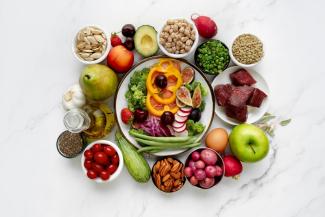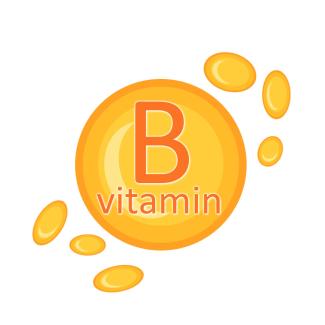
Eating a healthy diet is essential for overall well-being. The healthiest foods are typically those that are nutrient-dense, providing a wide range of essential vitamins, minerals, antioxidants, and other beneficial compounds without excessive calories or unhealthy additives. Here is a list of some of the healthiest foods you can incorporate into your diet:
- Leafy Greens: Vegetables like spinach, kale, Swiss chard, and collard greens are packed with vitamins (e.g., vitamin K, vitamin A, and folate), minerals, and fiber.
- Berries: Blueberries, strawberries, raspberries, and blackberries are rich in antioxidants, vitamins, and fiber, and they are associated with various health benefits.
- Fatty Fish: Salmon, mackerel, sardines, and trout are excellent sources of omega-3 fatty acids, which are beneficial for heart and brain health.
- Nuts and Seeds: Almonds, walnuts, chia seeds, flaxseeds, and hemp seeds provide healthy fats, fiber, and various nutrients.
- Whole Grains: Oats, quinoa, brown rice, and whole wheat products are high in fiber and complex carbohydrates, providing sustained energy and promoting digestive health.
- Legumes: Beans, lentils, and chickpeas are excellent sources of protein, fiber, and essential nutrients.
- Cruciferous Vegetables: Broccoli, cauliflower, Brussels sprouts, and cabbage are rich in vitamins, minerals, and cancer-fighting compounds.
- Avocado: Avocados are a great source of healthy monounsaturated fats, potassium, and fiber.
- Greek Yogurt: Greek yogurt is high in protein, probiotics (beneficial gut bacteria), and calcium.
- Olive Oil: Extra virgin olive oil is a healthy source of monounsaturated fats and antioxidants and is commonly used in Mediterranean diets.
- Tomatoes: Tomatoes are rich in lycopene, a potent antioxidant associated with various health benefits.
- Sweet Potatoes: Sweet potatoes are packed with vitamins, fiber, and antioxidants, making them a nutritious carbohydrate source.
- Garlic and Onions: These aromatic vegetables have various health-promoting compounds and may have anti-inflammatory properties.
- Lean Protein: Skinless poultry, lean cuts of beef or pork, tofu, and tempeh are sources of lean protein.
- Green Tea: Green tea contains antioxidants called catechins, which have been linked to various health benefits.
- Dark Chocolate (in moderation): Dark chocolate with a high cocoa content (70% or higher) is rich in antioxidants and may have heart-healthy benefits.
- Apples: Apples are a good source of fiber and vitamin C, and they make for a convenient, portable snack.
Remember that a healthy diet involves balance and variety. It's important to include a wide range of foods from different food groups to ensure you get all the necessary nutrients. Additionally, individual dietary needs may vary, so it's a good idea to consult with a healthcare professional or registered dietitian to create a personalized nutrition plan.






